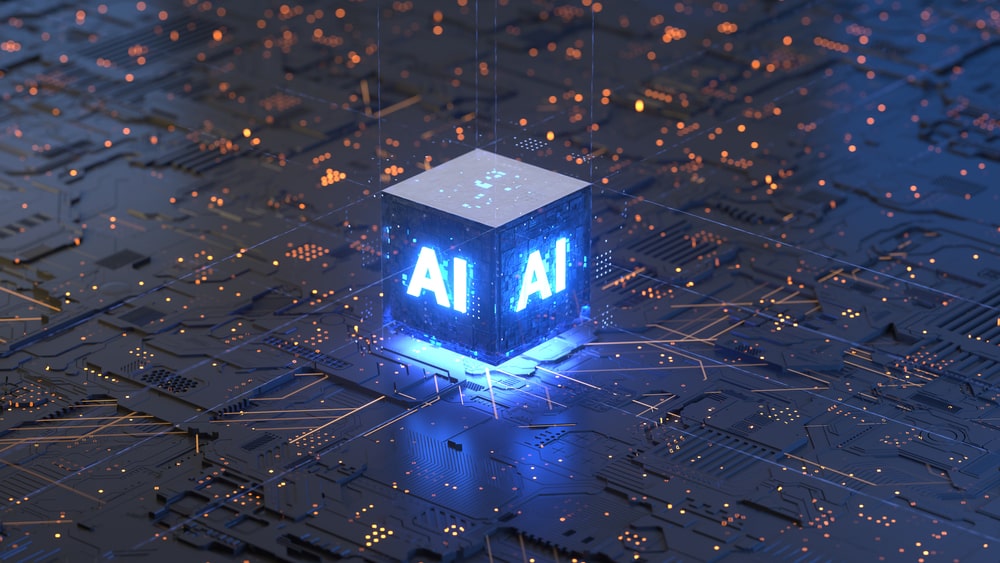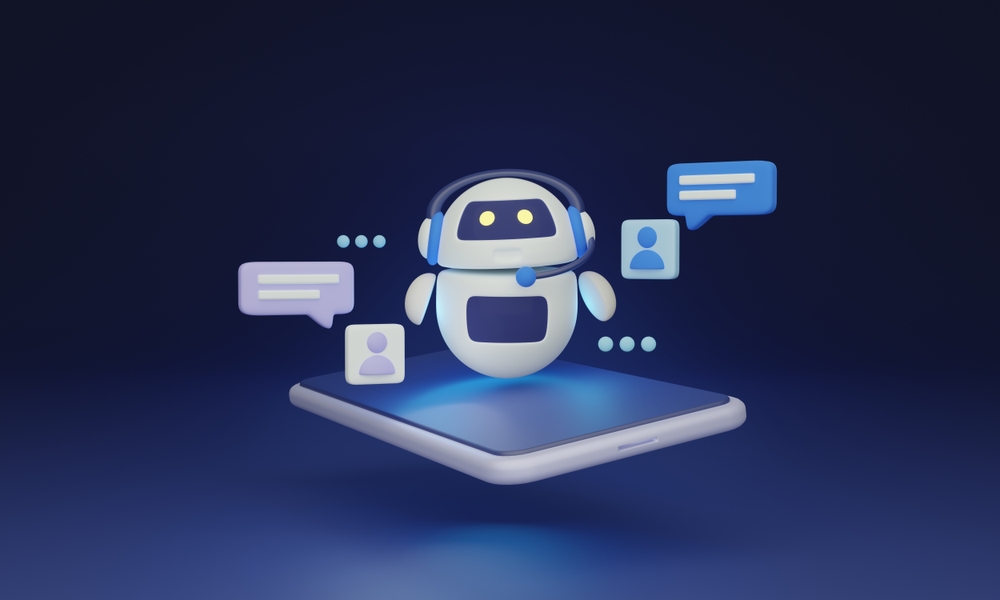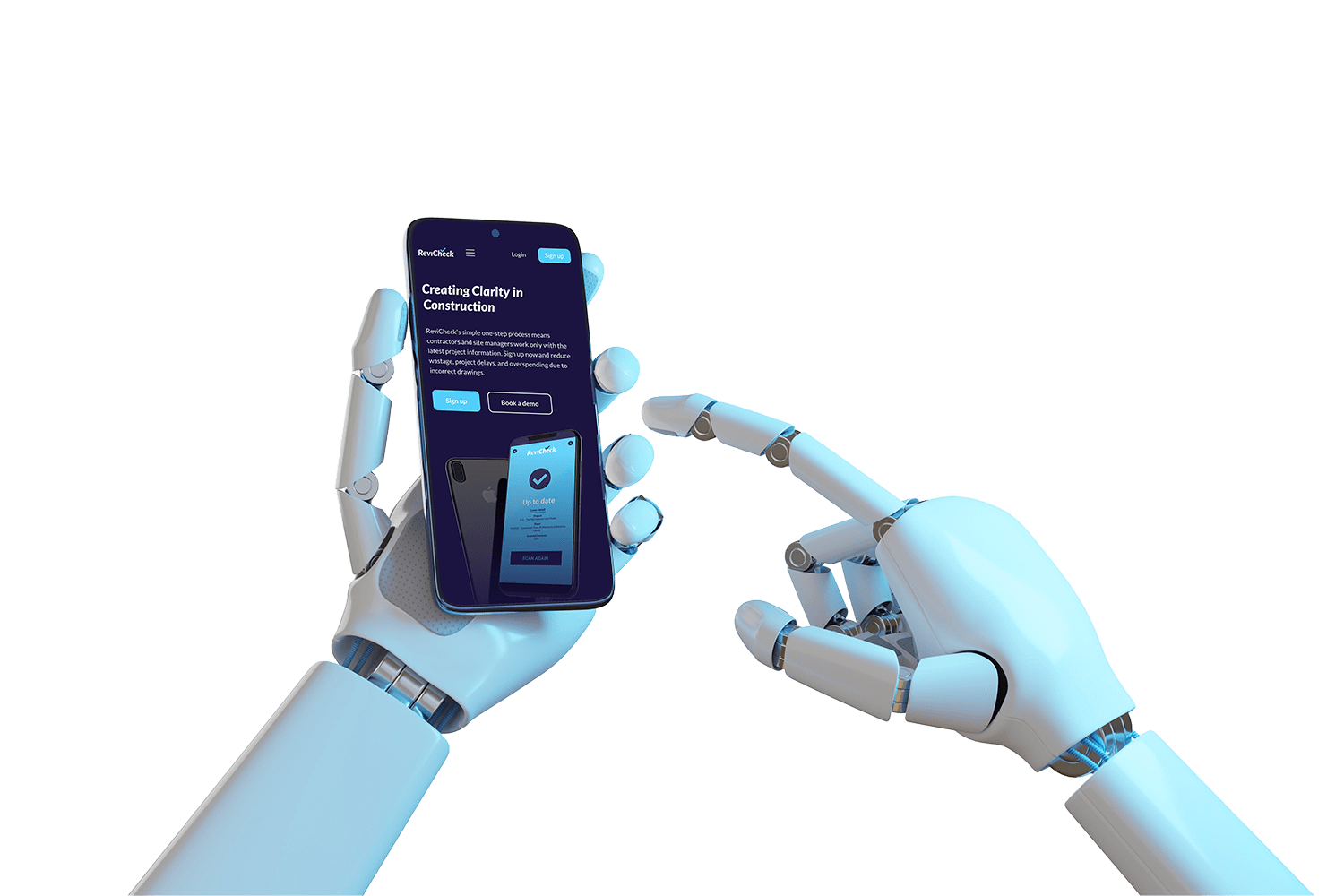In the fast-evolving landscape of modern business, the integration of Artificial Intelligence (AI) solutions has become a key driver of innovation and success. From enhancing efficiency to revolutionising customer experiences, businesses across all industries are tapping into the transformative power of AI. In this blog, we explore the various ways businesses can harness AI solutions to gain a competitive edge and propel their operations into the future.
Streamlining Business Operations
In the fast-paced and ever-evolving landscape of business, efficiency is often the key to success. As businesses strive to optimise their processes, reduce costs, and enhance overall productivity, the integration of Artificial Intelligence emerges as a powerful ally. AI technologies are not just futuristic innovations; they are practical solutions reshaping the way organisations operate.

The primary way that AI streamlines operations is through the automation of repetitive and time-consuming tasks. Mundane activities that traditionally required significant human involvement, such as data entry, invoicing, and inventory management, can now be efficiently handled by AI-powered systems. This not only frees up human resources for more strategic and creative endeavours but also minimises the risk of errors associated with manual data processing.
Why is automation beneficial for businesses?
- Increased Productivity: By automating repetitive tasks, businesses empower their employees to focus on more complex and strategic aspects of their roles. This not only boosts morale by engaging workers in more intellectually stimulating work but also leads to a substantial increase in overall productivity. Employees can direct their energy towards tasks that require creativity, critical thinking, and problem-solving, contributing to the business’ growth.
- Cost Savings: Automating repetitive tasks with AI can result in significant cost savings for businesses. The reduction in manual labour required for routine processes leads to decreased operational expenses and allows companies to allocate resources more efficiently. Over time, this can contribute to a notable improvement in the bottom line.
- Scalability and Adaptability: AI-driven automation is scalable, meaning it can easily adapt to the changing needs and demands of a business. Whether handling a small volume of repetitive tasks or managing large-scale processes, AI systems can flexibly adjust, making them ideal for businesses of varying sizes and industries.
- Enhanced Customer Experience: By automating customer interactions through AI-powered chatbots, businesses ensure rapid responses to customer inquiries, improving overall satisfaction. Customers benefit from instant support, and businesses can handle high-volume interactions without compromising the quality of service.

Automating repetitive tasks with AI is a strategic move that goes beyond mere efficiency gains. It represents a fundamental shift in the way businesses operate, unlocking potential for growth, cost-effectiveness, and improved customer experiences. As businesses continue to explore the possibilities of AI, the era of streamlined, automated operations becomes a cornerstone for success in the fast-paced world of modern commerce.
Enhancing Customer Experiences
In an era where customer experience is paramount, businesses are increasingly turning to Artificial Intelligence to revolutionise how they engage with their clientele. From personalised interactions to real-time support, the integration of AI technologies has proven to be a game-changer in enhancing customer experiences, fostering loyalty, and ultimately driving business success.
1. Personalised Interactions
AI empowers businesses to deliver highly personalised experiences to their customers. By analysing vast amounts of customer data, AI systems can tailor recommendations, content, and communications based on individual preferences, behaviours, and purchasing history. This level of personalisation not only enhances customer satisfaction but also strengthens the bond between the brand and its audience.
2. AI-Powered Chatbots
Chatbots driven by AI algorithms provide instant and efficient customer support around the clock. These intelligent virtual assistants can handle routine queries, provide information, and even assist with transaction processes. The result is a seamless and responsive customer service experience, ensuring that customers feel valued and supported at all times.

3. Predictive Customer Service
AI utilises predictive analytics to anticipate customer needs and issues before they arise. By analysing historical data and patterns, businesses can proactively address potential concerns, preventing disruptions and ensuring a smoother customer journey. This foresight contributes to a more positive and stress-free customer experience.
4. Sentiment Analysis
AI-powered sentiment analysis tools monitor customer feedback across various channels. This enables businesses to gauge the sentiment behind customer reviews, comments, and social media interactions. By understanding customer sentiment, businesses can swiftly respond to issues, capitalise on positive feedback, and continuously refine their products or services to align with customer expectations.
5. Seamless Ecommerce Experiences
AI enhances ecommerce experiences by simplifying the purchasing process. Ecommerce systems use AI algorithms to suggest products based on customer preferences, driving upsells and cross-sells. Additionally, AI-driven virtual shopping assistants provide personalised guidance, replicating the in-store shopping experience online.
The integration of AI technologies is transforming the customer experience landscape, enabling businesses to create more personalised, responsive, and seamless interactions. As customers increasingly value the experiences associated with a brand, those businesses using AI stand at the forefront of delivering unparalleled satisfaction. The adoption of AI is not just a technological advancement but a move that can redefine the relationship between businesses and their customers, fostering loyalty and positioning the brand for sustained success in a competitive marketplace.
Improving Decision Making
In the ever-evolving landscape of business, informed decision-making stands as a cornerstone of success. As technology advances, businesses are turning to AI to revolutionise the decision-making process. From predictive analytics to data-driven insights, AI offers a suite of tools that empower businesses to make better decisions, navigate issues, and stay ahead of the competition.
1. Predictive Analytics
AI excels at predictive analytics, utilising algorithms to analyse historical and real-time data, uncover patterns, and forecast future trends. Businesses using predictive analytics can make proactive decisions, anticipating market shifts, consumer behaviour, and industry trends. This foresight enables businesses to adapt strategies in advance, minimising risks and maximising opportunities.
2. Data-Driven Insights
The vast amounts of data generated in the digital age can be overwhelming, but AI transforms this data into actionable insights. By processing and analysing data at scale, AI systems reveal patterns and correlations that may be imperceptible to human analysis alone. Businesses can extract meaningful insights, enabling them to make well-informed decisions grounded in empirical evidence.

3. Scenario Planning and Simulations
AI facilitates scenario planning and simulations, enabling businesses to model various scenarios and assess potential outcomes. This capability is particularly valuable in strategic decision-making, risk management, and scenario forecasting. By simulating different situations, businesses can evaluate the impact of decisions before implementation, reducing risks and optimising outcomes.
4. Personalised Decision Support Systems
AI-powered decision support systems offer personalised insights tailored to the specific needs of decision-makers. These systems analyse individual preferences, historical decision patterns, and relevant data to provide tailored recommendations. This personalisation enhances the decision-making process by offering insights aligned with the decision-maker’s cognitive style and objectives.
5. Real-Time Decision Support
In fast-paced business environments, real-time decision support is crucial. AI systems can process and analyse data in real-time, providing decision-makers with up-to-the-minute information. This agility is especially valuable in industries where rapid decision-making is essential, such as finance, healthcare, and manufacturing.
The implementation of AI into decision-making processes represents a modern shift for businesses. The ability to harness predictive analytics, extract data-driven insights, automate routine decisions, conduct scenario planning, and offer personalised decision support contributes to a more agile, informed, and resilient business strategy. As businesses continue to embrace AI, the era of data-driven decision-making emerges as a competitive advantage, ensuring businesses can navigate uncertainties and make strategic choices that drive sustained success in a dynamic marketplace.
Personalised Marketing Strategies
In the digital age, where consumer expectations are at an all-time high, businesses are using AI to transform their marketing strategies. AI’s ability to analyse vast amounts of data and discern patterns empowers businesses to create personalised marketing campaigns that resonate with individual preferences, behaviours, and needs. Here’s a closer look at how businesses can harness AI to tailor their marketing strategies for a more personalised and effective approach.
1. Customer Segmentation
AI enables businesses to move beyond traditional demographics-based segmentation by dynamically categorising customers based on their behaviours, interactions, and preferences. By understanding distinct customer segments, businesses can craft targeted marketing messages that resonate with specific audience segments, increasing the relevance of their campaigns.

2. Predictive Analytics for Personalised Recommendations
AI-driven predictive analytics analyses customer data to anticipate preferences and behaviours. Businesses can use this information to deliver personalised product recommendations, content, and offers, creating a more engaging and tailored experience for each customer. This level of personalisation enhances customer satisfaction and increases the likelihood of conversions.
3. Dynamic Content Creation
AI facilitates dynamic content creation by automatically generating personalised content based on customer data. Whether it’s personalised emails, website content, or social media posts, businesses can tailor their messaging to align with individual customer profiles, fostering a deeper connection between the brand and the consumer.
4. Personalised Email Marketing Campaigns
AI enhances the effectiveness of email marketing by personalising campaigns based on individual customer behaviour and preferences. From personalised subject lines to content recommendations, businesses can create emails that resonate with each recipient, increasing open rates, click-through rates, and overall engagement.
5. A/B Testing Optimisation
AI streamlines the A/B testing process by analysing results in real-time and dynamically adjusting strategies based on user responses. This ensures that marketing efforts are continuously optimised for maximum impact, leading to more effective and personalised campaigns over time.
The personalisation of marketing strategies through AI is an incredibly beneficial approach that goes beyond traditional one-size-fits-all methods. By using the power of AI for customer segmentation, predictive analytics, dynamic content creation and personalised email campaigns, businesses can create more meaningful and relevant interactions with their audience. In an era where consumers expect personalised experiences, AI emerges as a critical tool for businesses seeking to stand out, build brand loyalty, and drive successful marketing campaigns in the competitive digital landscape.
With our expert AI marketing services, we empower businesses to unlock their full potential by integrating artificial intelligence. To find out more, get in touch here.
Enhanced Human Resource Management
In the dynamic realm of human resource management (HRM), businesses are increasingly turning to Artificial Intelligence to enhance efficiency, streamline processes, and elevate the overall employee experience. AI offers a range of tools that not only automate routine tasks but also provide valuable insights, enabling HR professionals to make informed decisions and create a more strategic and people-centric approach.

1. Recruitment and Talent Acquisition
AI revolutionises the recruitment process by automating resume screening, identifying suitable candidates, and even conducting initial interviews. AI algorithms analyse vast datasets to match candidate profiles with job requirements, significantly reducing the time and effort involved in talent acquisition. This not only accelerates the hiring process but also ensures a more objective and data-driven approach to candidate selection.
2. Employee Onboarding
AI streamlines employee onboarding processes by automating administrative tasks, providing personalised training plans, and facilitating smoother integration into the workplace. Chatbots powered by AI can address new employees’ queries, ensuring a positive and engaging onboarding experience.
3. Learning and Development
AI personalises learning and development programs based on individual employee needs and career aspirations. By analysing employees’ skills, performance, and learning preferences, AI recommends tailored training modules, ensuring that professional development aligns with organisational goals and individual aspirations.
4. Diversity and Inclusion Initiatives
AI assists in promoting diversity and inclusion by identifying and mitigating biases in HR processes. From recruitment to performance evaluations, AI systems can be programmed to minimise unconscious biases, fostering a more inclusive and equitable workplace.
5. Employee Engagement and Satisfaction
AI-driven surveys and sentiment analysis tools gauge employee satisfaction and engagement levels. By analysing employee feedback, businesses can identify trends, address concerns, and implement initiatives to enhance workplace satisfaction. AI also aids in predicting potential attrition risks, allowing proactive measures to be taken to retain valuable talent.

The integration of AI in human resource management represents a modern shift, enabling businesses to move beyond traditional HR practices. By automating routine tasks, personalising employee experiences, and providing actionable insights, AI empowers HR professionals to focus on strategic initiatives that contribute to the overall success and well-being of the workforce. As businesses continue to adopt AI technologies in HRM, they position themselves for greater agility, efficiency, and innovation in managing their most valuable asset – their people.
In summary
In conclusion, the integration of Artificial Intelligence solutions is essential for businesses aiming to thrive in this digital era. The applications of AI are diverse and incredibly beneficial, touching every aspect of modern businesses. From optimising efficiency and elevating customer experiences to making data-driven decisions and strengthening cybersecurity, businesses stand to gain immensely by using the power of AI.
By staying informed, embracing change, and strategically incorporating AI into their operations, businesses can not only navigate the challenges of today but also position themselves as leaders in the ever-evolving digital landscape.




